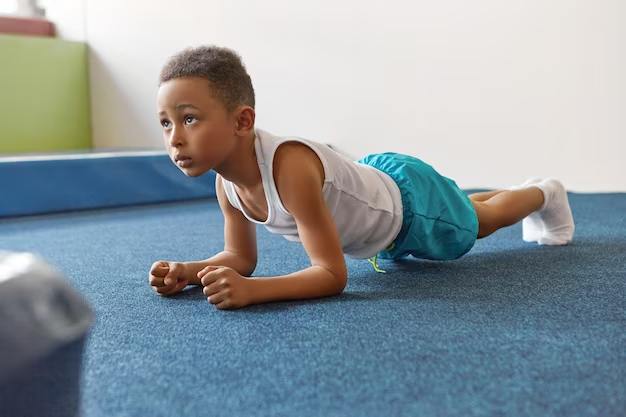In today’s increasingly digital age, it has become more important than ever to encourage children to engage in physical activity. South Africa, with its diverse landscapes and abundant outdoor opportunities, provides an ideal environment for kids to lead active and healthy lives. By promoting physical activity among children, we can help combat the rising rates of childhood obesity and instill lifelong habits of well-being. This article serves as a guide to keeping kids active in South Africa, offering practical tips and ideas for parents, educators, and communities.
- Embrace outdoor play: South Africa is blessed with stunning natural beauty, ranging from mountains to coastlines. Encourage children to explore the great outdoors by engaging in activities such as hiking, biking, and swimming. Organize family outings to national parks, nature reserves, and beaches, where children can experience the joy of being in nature while engaging in physical activity.
- Promote team sports: Team sports not only provide physical benefits but also teach valuable life skills such as teamwork, discipline, and leadership. Encourage children to participate in sports like soccer, rugby, cricket, netball, or hockey. Local sports clubs and community centers often offer training programs and competitions for children of all ages, making it easy to get involved.
- Integrate physical activity into everyday life: Make physical activity a regular part of your child’s daily routine. Encourage them to walk or bike to school if feasible. Instead of relying solely on electronic devices for entertainment, organize active playdates with friends, engaging in activities like tag, relay races, or jumping rope. Encourage children to help with household chores, which not only promotes physical activity but also teaches responsibility.
- Engage in cultural activities: South Africa is known for its rich cultural heritage. Explore activities that allow children to engage in physical activity while learning about their cultural roots. For instance, traditional dances like the Gumboot dance or indigenous games like “Diketo” provide both cultural immersion and physical exertion.
- Utilize community resources: Communities across South Africa often offer various resources to promote physical activity among children. Take advantage of local sports clubs, community centers, and parks that offer organized sports programs, swimming lessons, or dance classes. Many areas also have hiking trails, cycling paths, or skate parks that can be utilized by children.
- Encourage active hobbies: Encourage children to pursue hobbies that involve physical activity. Martial arts, gymnastics, ballet, or even skateboarding can help children develop physical skills while fostering a sense of passion and commitment. Support and nurture their interests by enrolling them in classes or providing necessary equipment.
- Be a role model: Children look up to their parents and caregivers. Be a positive role model by leading an active lifestyle yourself. Engage in regular exercise, participate in sports, and prioritize physical activity in your daily routine. By demonstrating the importance of physical activity, you inspire and motivate your child to do the same.
Remember, promoting physical activity is not solely the responsibility of parents but requires collective effort from schools, communities, and policymakers. It is essential to advocate for physical education programs in schools, create safe and accessible play spaces, and support initiatives that encourage physical activity among children.
By incorporating these strategies into our daily lives, we can create a culture of physical activity in South Africa, ensuring that our children grow up to be healthy, active, and confident individuals. Let’s join hands and make physical activity a priority for the well-being of our future generations.










